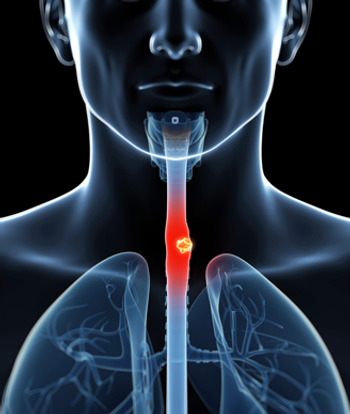
Oncology NEWS International
- Oncology NEWS International Vol 10 No 7
- Volume 10
- Issue 7
Medicare Expands Coverage of Diagnostic PET
WASHINGTON-Medicare will begin or expand coverage of positron emission tomography (PET) diagnostic scans for several cancers on July 1. For the first time, Medicare will cover PET for head and neck cancers, except for central nervous system and thyroid cancers, and esophageal cancer. Coverage will apply to diagnosis, staging, and restaging.
WASHINGTONMedicare will begin or expand coverage of positron emission tomography (PET) diagnostic scans for several cancers on July 1. For the first time, Medicare will cover PET for head and neck cancers, except for central nervous system and thyroid cancers, and esophageal cancer. Coverage will apply to diagnosis, staging, and restaging.
Medicare is also expanding PET coverage for four other cancers. It will now cover diagnosis, staging, and restaging for non-small-cell lung cancer (NSCLC), colorectal cancer, and lymphoma. Previously, Medicare only included PET for the initial staging of NSCLC; determining the location of colorectal tumors if a rising CEA level suggested a recurrence; and the staging and restaging of lymphoma only when PET was used as an alternative to gallium scans.
In addition, Medicare will cover PET for the diagnosis, staging, and restaging of melanoma, but not for the evaluation of regional nodes. Previously it covered PET’s use to evaluate a melanoma recurrence prior to surgery as an alternative to a gallium scan.
To be eligible for Medicare payment, PET scans for these approved cancers must use the radiopharmaceutical 18F-fluorodeoxyglucose (FDG), which is administered intravenously.
Articles in this issue
over 24 years ago
NCI to Expand Its Support for Trials of STI-571over 24 years ago
Patients and Physicians Differ on Chemotherapy Expectationsover 24 years ago
Concurrent Chemoradiotherapy Helps Preserve Larynxover 24 years ago
FDA Issues New Safeguards for Children in Clinical Trialsover 24 years ago
Leukemia Society Offers Patient Information on Use of STI-571Newsletter
Stay up to date on recent advances in the multidisciplinary approach to cancer.





































